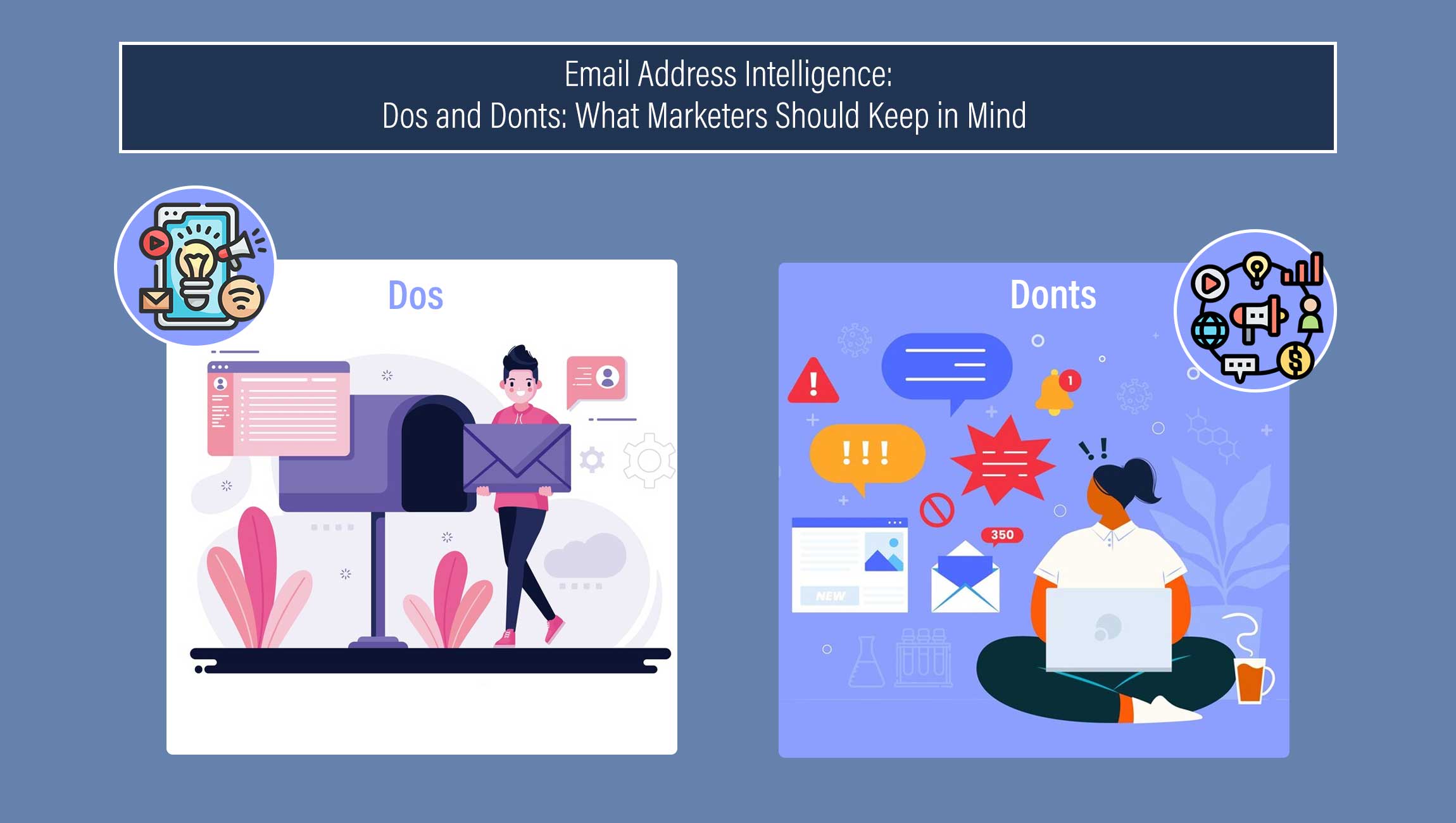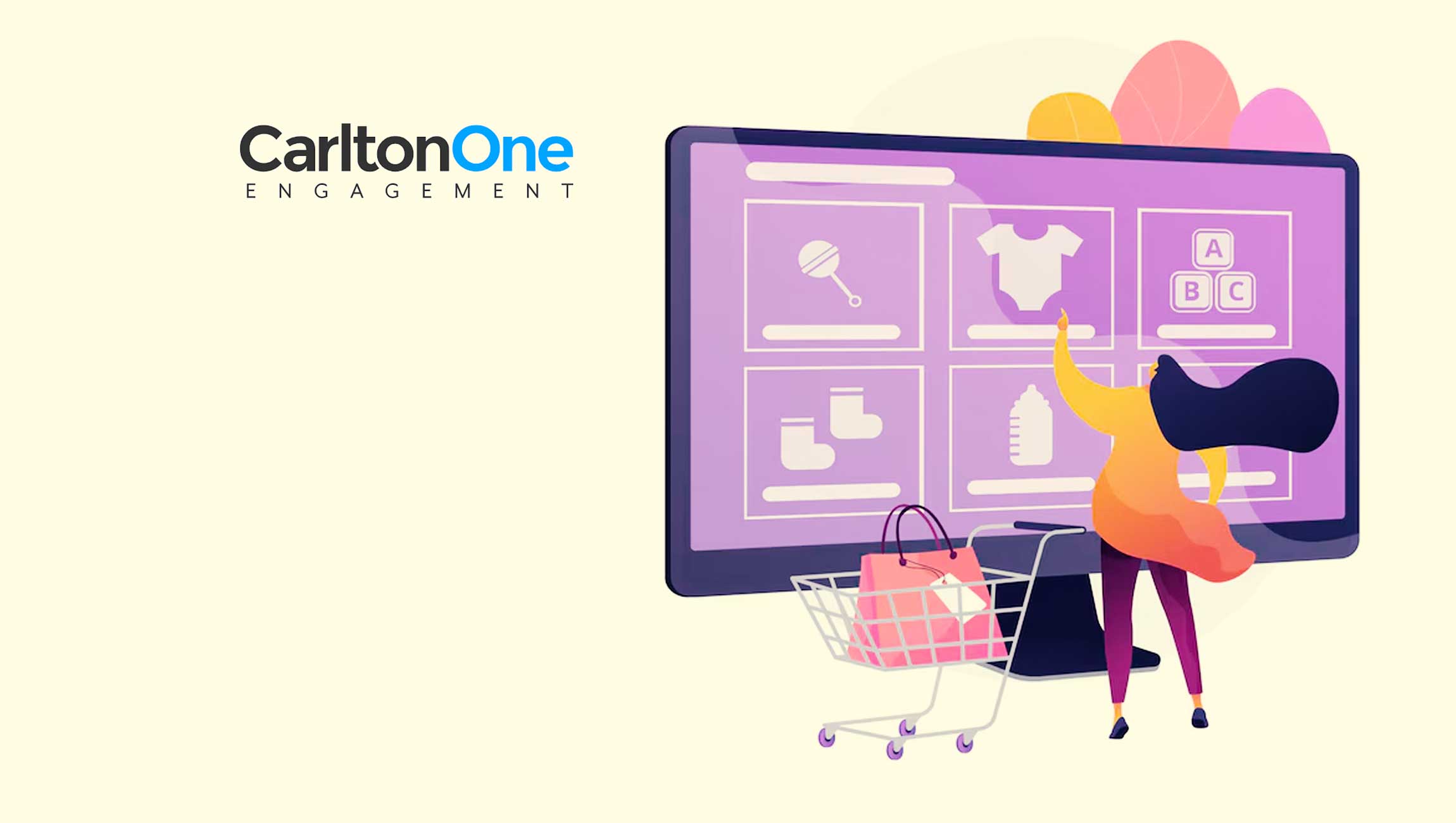In an era where data privacy is a paramount concern, the concept of consent-based marketing has gained significant traction. This approach is rooted in the principle of obtaining explicit permission from individuals before engaging them in any marketing activities.
Unlike traditional marketing methods that often rely on unsolicited messages, consent-based marketing prioritizes the customer’s choice, thereby fostering trust and enhancing brand credibility. By seeking permission, businesses not only comply with stringent data protection regulations like GDPR but also ensure that their marketing messages reach a more receptive and engaged audience.
This leads to higher conversion rates and fosters long-term customer relationships. As we navigate a landscape where consumer trust is both fragile and invaluable, consent-based marketing emerges as an ethical and effective strategy for meaningful customer engagement.
Elevating Customer Trust: The Rising Significance of Consent-Based Marketing
In today’s data-driven world, where privacy concerns are escalating, consent-based marketing is becoming increasingly vital. This ethical approach involves obtaining explicit permission from consumers before sending them marketing messages. Let’s delve into why this strategy is gaining prominence and how it benefits both businesses and consumers.
1. Builds Consumer Trust:
One of the most compelling advantages of consent-based marketing is the trust it builds between a brand and its audience. By asking for permission, companies show respect for the consumer’s privacy, which in turn fosters a trusting relationship.
2. Enhances Engagement:
When consumers willingly opt-in to receive marketing communications, they are more likely to engage with the content. This leads to higher open rates, click-through rates, and ultimately, conversion rates.
3. Regulatory Compliance:
With laws like GDPR and CCPA in place, obtaining explicit consent is not just ethical but also a legal requirement. Consent-based marketing helps businesses stay compliant and avoid hefty fines.
4. Improved Data Quality:
The data collected through consent-based marketing is often more accurate and valuable. Since consumers willingly provide information, the data is more likely to be current and relevant, aiding in more effective marketing strategies.
5. Reduces Marketing Waste:
Traditional marketing methods often involve sending messages to a broad audience, many of whom are not interested in the product or service. Consent-based marketing focuses on a more targeted audience, reducing wasted efforts and resources.
6. Enhances Brand Reputation:
In an age where consumers are bombarded with marketing messages, those that respect privacy stand out. Consent-based marketing can serve as a differentiator, enhancing a brand’s reputation and competitive edge.
7. Long-Term Customer Relationships:
By respecting the consumer’s choice and privacy, businesses lay the foundation for a long-term relationship. Consumers are more likely to stay loyal to brands that respect their autonomy and provide value.
8. Ethical Marketing:
In a world where intrusive marketing tactics are increasingly frowned upon, consent-based marketing stands as an ethical alternative. It aligns with the growing consumer demand for transparency and respect in brand interactions.
Marketing Technology News: MarTech Interview with Chris Koehler, CMO @ Twilio
Navigating the Essentials: Key Considerations for Effective Consent-Based Marketing
In an age where data privacy is a top concern, consent-based marketing has become a cornerstone for ethical and effective customer engagement. This approach hinges on obtaining explicit consumer permission before initiating any marketing activities. Let’s explore the fundamental aspects that businesses should consider to successfully implement this strategy.
1. Transparency is Key:
Being upfront about how consumer data will be used is crucial. Transparency not only builds trust but also ensures that you are in compliance with data protection laws like GDPR.
2. Clear Opt-In Mechanisms:
The process for opting into marketing communications should be straightforward and easy to understand. Confusing or deceptive practices can lead to mistrust and legal repercussions.
3. Granular Consent Options:
Offer consumers choices about what types of communications they wish to receive. Whether it’s newsletters, promotional offers, or product updates, granular options empower the consumer and enhance engagement.
4. Easy Opt-Out Process:
Just as opting in should be simple, so should the process for opting out. An easy and clear opt-out mechanism respects consumer choice and minimizes the risk of damaging your brand reputation.
5. Regular Updates and Re-Consent:
Consumer preferences change over time. Regularly update your audience about any changes in your data usage policies and seek re-consent when necessary to ensure ongoing engagement.
6. Data Security Measures:
Once you have obtained consent, it’s your responsibility to protect that data. Implement robust security measures to safeguard consumer information and maintain trust.
7. Monitor and Analyze Engagement:
Use analytics tools to monitor how your consent-based campaigns are performing. This data will provide insights into consumer behavior and preferences, allowing for more targeted and effective future campaigns.
8. Legal Compliance:
Always stay updated on the latest data protection laws and regulations. Non-compliance can result in hefty fines and a tarnished brand image.
Conclusion
Consent-based marketing is not just a trend but a necessity in the modern marketing landscape. It offers a win-win situation, benefiting both consumers and businesses by building trust, ensuring compliance, and enhancing engagement. As we move forward in this digital age, adopting consent-based marketing is not just advisable; it’s imperative.
Marketing Technology News: Creating Engaging Ad Formats for the Modern Consumer











